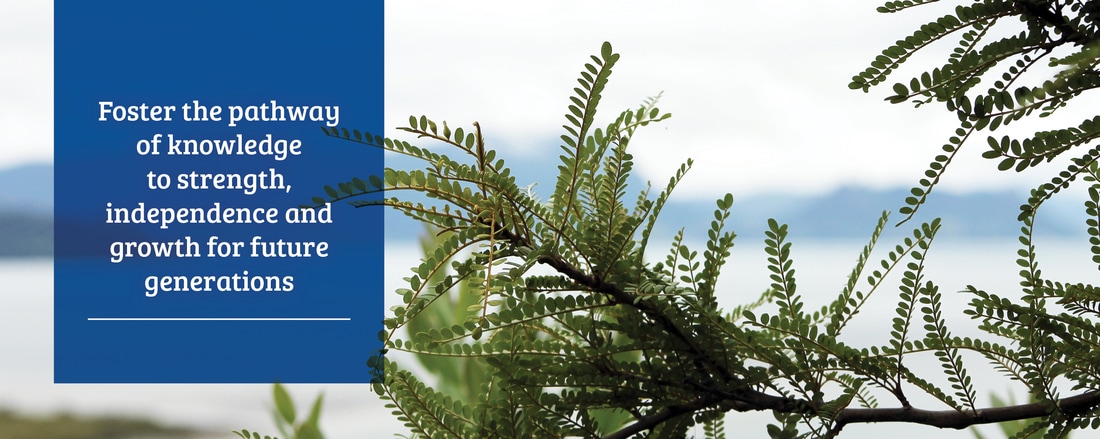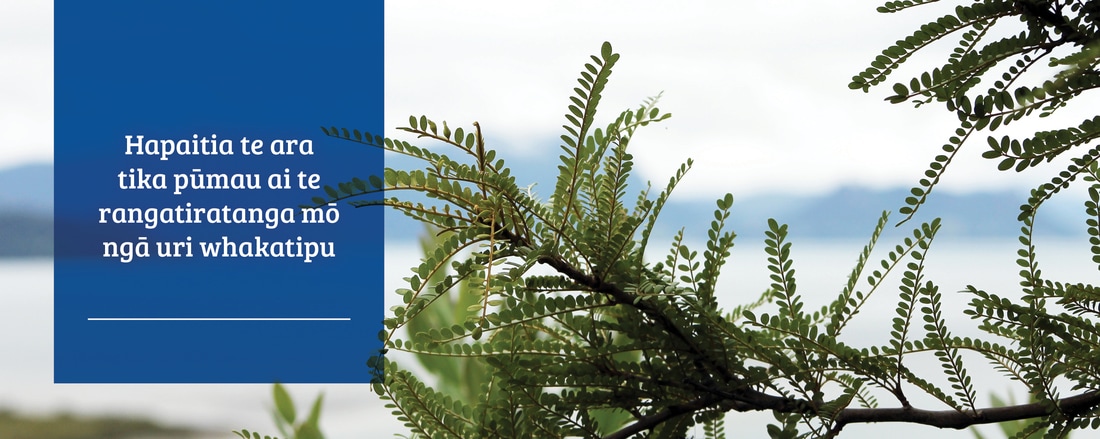On 8 July 2014 the Ngatiwai Trust Board (NTB) submitted a Deed of Mandate (DoM) to the Office of Treaty Settlements for public notification and submissions. The DoM was publically notified on 12 July and again on 26 July 2014 in the Dominion Post, the NZ Herald, and Northern Advocate calling for submission by 22 August 2014. The submission period was subsequently extended to 6 September 2014 at the request of the NTB.
Summary of Submissions
By the closing date of 6 September 2014, 242 submissions were received, comprising 233 written submissions, one petition signed by 119 people, and eight video submissions. Of the written submissions, 42% support the DoM and 58% oppose it. The level of support is higher (54%) among registered Ngatiwai members.
The petition signatories and video submitters oppose NTB’s mandate. Late submissions are not included in this summary. It was not possible to confirm that all submissions were from member of Ngatiwai.
Submitter Hui
In its role as the key government agency charged with monitoring progress on the mandating process The Office of Treaty Settlements (OTS) undertook to meet with submitters who:
- Signed the petition and made submissions using one of two common templates and
- Hapu submitters namely Te Kapotai, Te Waiariki (including Ngati Takapari and Ngati Korora as one group) and Te Patuharakeke
A hui was held at NorthTec Marae on 18 October 2014 where NTB were present. Additional private meetings (excluding NTB) were also held at the Kingsgate Hotel in the afternoon/evening. OTS then provided NTB with feedback from these hui/meetings (see summary of key issues below). Hui with objecting hapu have been offered by OTS similar to the hui offered to the submitters mentioned above. However those hui have yet to be confirmed by OTS and it remains a question as to whether or not the Ngatiwai Trust Board will be included.
Follow up Meetings and Need for Improved Engagement and Communications
A follow up meeting with OTS and Minister Finlayson in Wellington took place on 29 October 2014 which confirmed the need for the Ngatiwai Trust Board to improve its communications and engagement with submitters. Therefore the NTB are currently meeting with individual WAI claimants and submitters who raised specific concerns to clarify any questions they may have and to seek greater support for the mandate.
Next Steps
At the conclusion of these face to face meetings – where submitters agree to participate – the NTB will provide a written response to any outstanding key concerns and call a hui to discuss progress. At this point it is anticipated that this hui will occur after the February 2015 Te Paparahi o Te Raki hearings week which is expected to include a number of Ngatiwai WAI claimants.
SUMMARY OF KEY ISSUES RAISED BY SUBMITTERS
A summary of the key issues discussed during the submitter hui and private meetings has been provided to the NTB by OTS including:
Lack of whānau and hapū representation in the mandate process
- Concerns were raised that NTB, as a marae-based entity, does not represent the interests of hapū for historical Treaty negotiations. Submitters felt that under the current NTB structure, people could only align to one marae. This was inconsistent with the way they view their whakapapa.
- Some submitters claimed that NTB had not consulted properly with whānau and hapū. These submitters stated there was insufficient information shared at hapū level about the pros and cons of direct negotiations versus Tribunal hearings. Other views included that hapū were not asked to come under the deed of mandate for direct negotiations.
- Other submitters pointed out that generally they wanted solutions to the issues being raised.
- Overall submitters were of the view that more communication and consultation with whānau and hapū was one of the key things they wanted from NTB.
Lack of communication and engagement with the claimant community
- We noted that this concern was linked in many cases to that of hapū representation. Some submitters felt that a lack of engagement with them had resulted in a lack of hapū representation.
- Some submitters felt that there was a need for more discussion with NTB about direct negotiations in general. Some suggestions were made for wānanga, and to invite discussion with other entities already in negotiations.
Concerns about NTB’s internal processes
- Some submitters felt NTB’s marae-based structure did not adequately represent the Ngātiwai claimant community.
- Questions were asked regarding the structure of NTB companies as set out in the annual report being different to the structure of accountability as set out in the draft deed of mandate. People wanted clarity on this from NTB.
Preference for Waitangi Tribunal hearings rather than direct negotiations
- Some submitters stated they had not had NTB’s support in preparing their Wai claims to be heard by the Waitangi Tribunal. They asked how NTB could seek to negotiate on behalf of Wai claimants when Wai claimants did not feel NTB was interested in the substance of their claims.
- Other submitters felt a parallel process between Waitangi Tribunal hearings and direct negotiations would be suitable. Waitangi Tribunal hearings would allow claimants’ grievances to be heard, while direct negotiations would begin the process of a Ngātiwai settlement.
Other issues raised at the hui included
- Opposition to the hapū Te Waiariki being included in the Ngātiwai claimant definition
- Ngātiwai Area of Interest extending into Te Parawhau lands.


